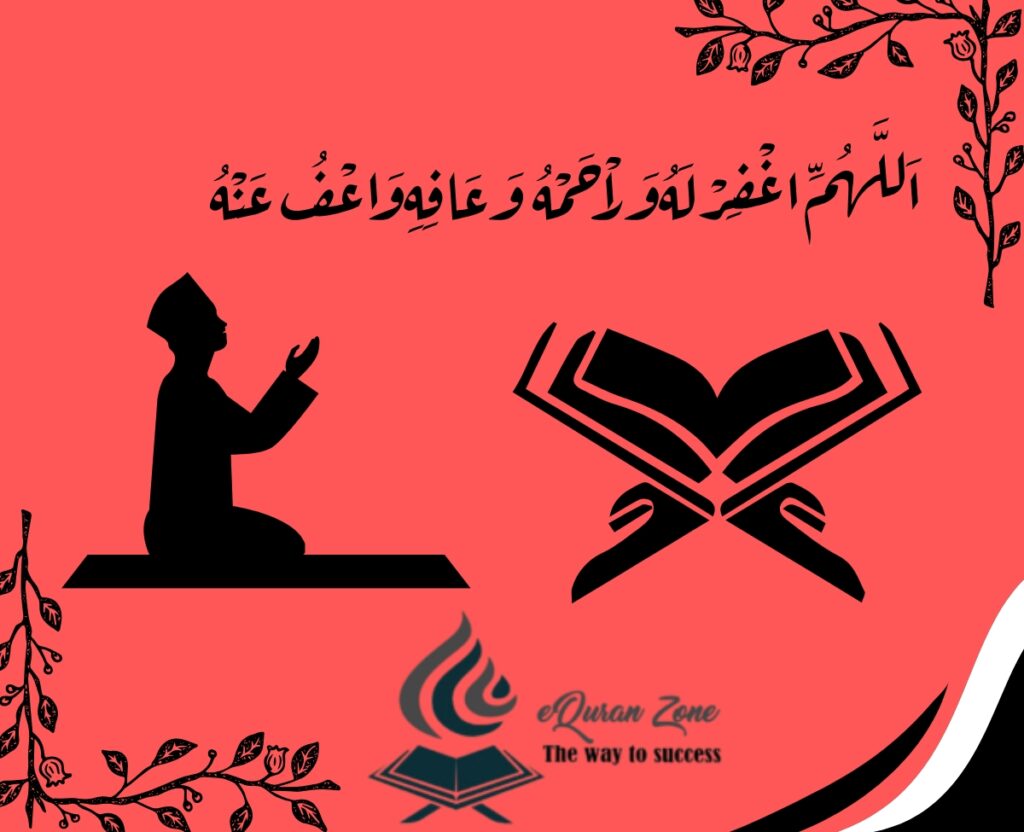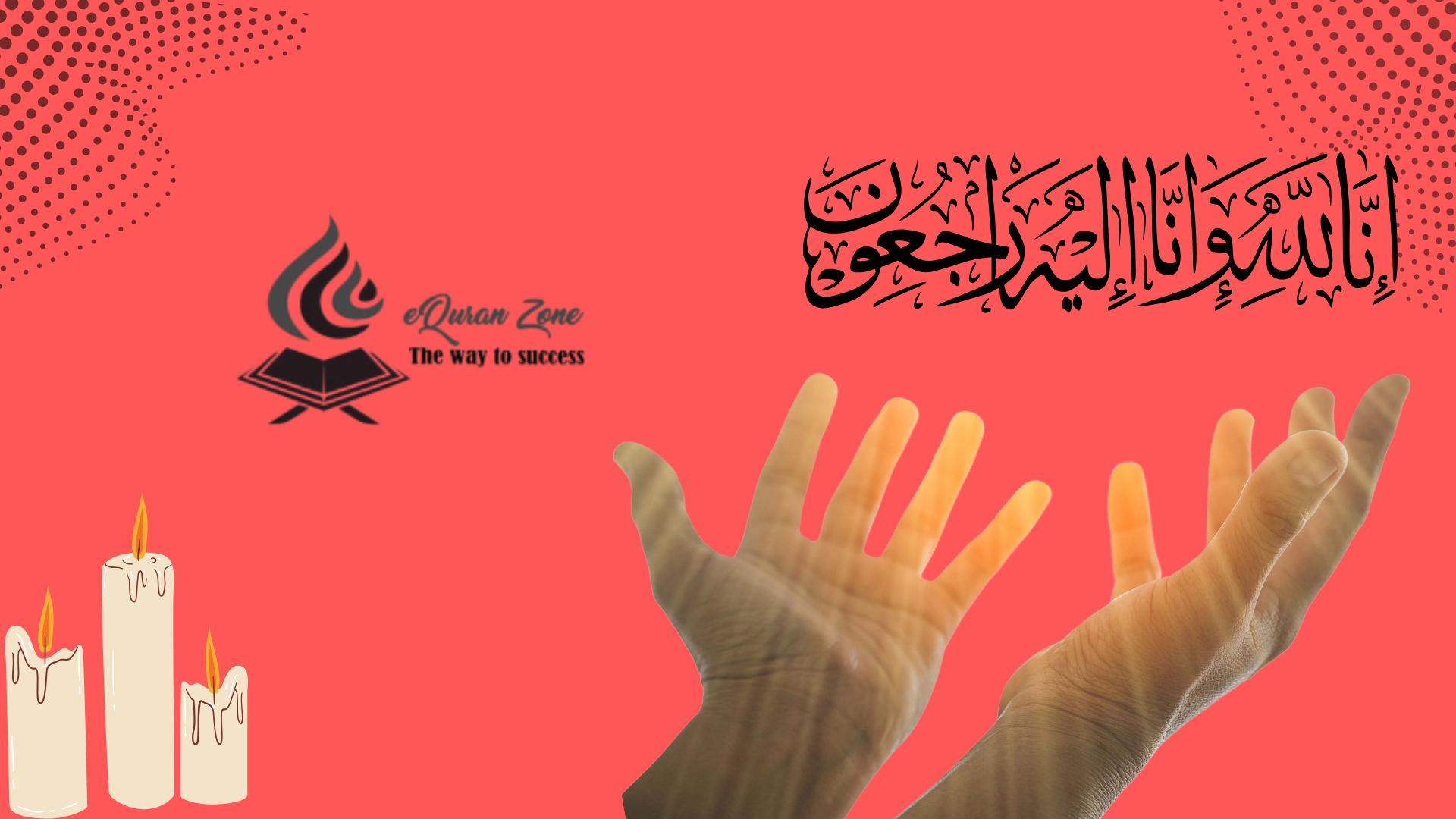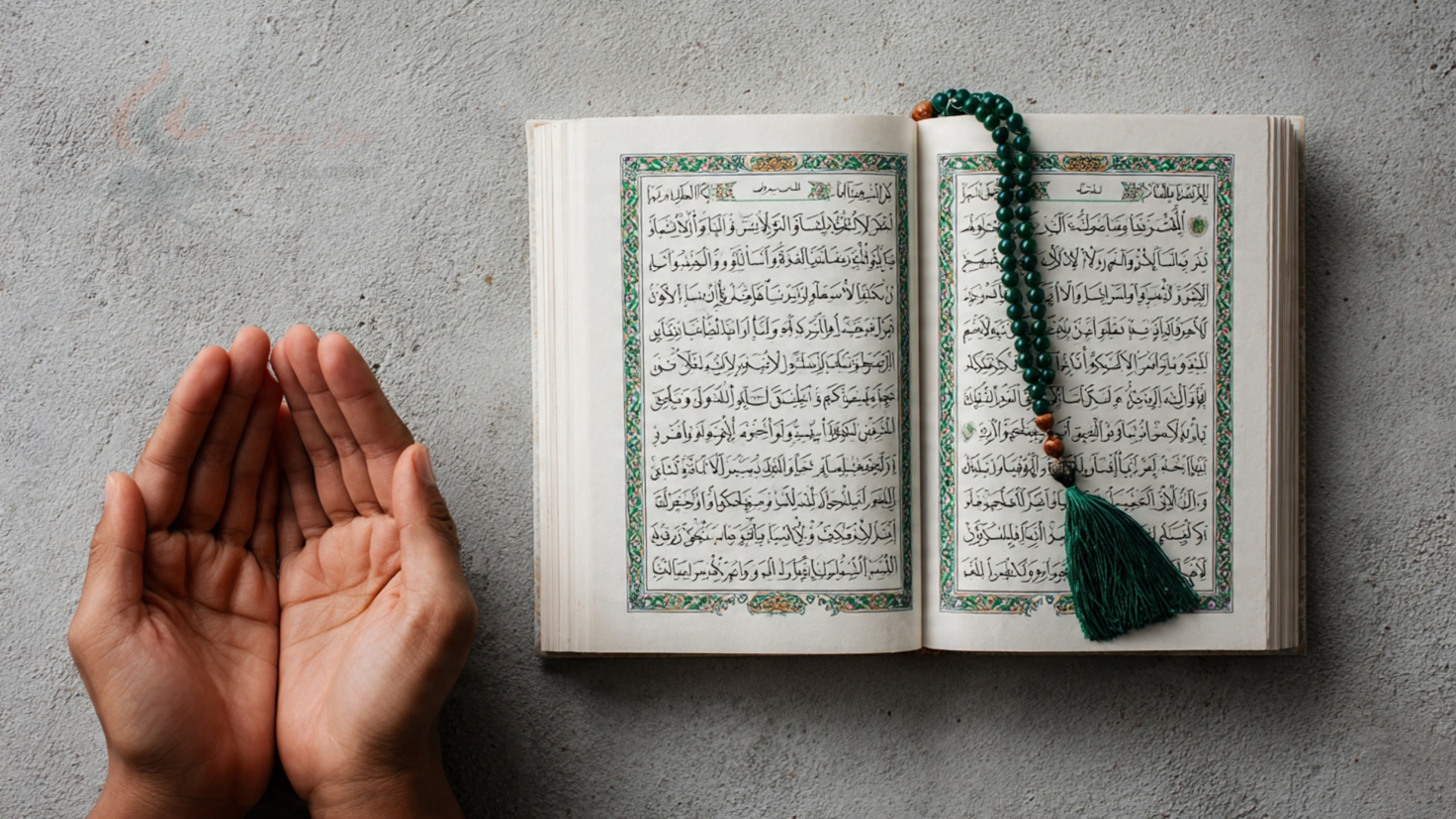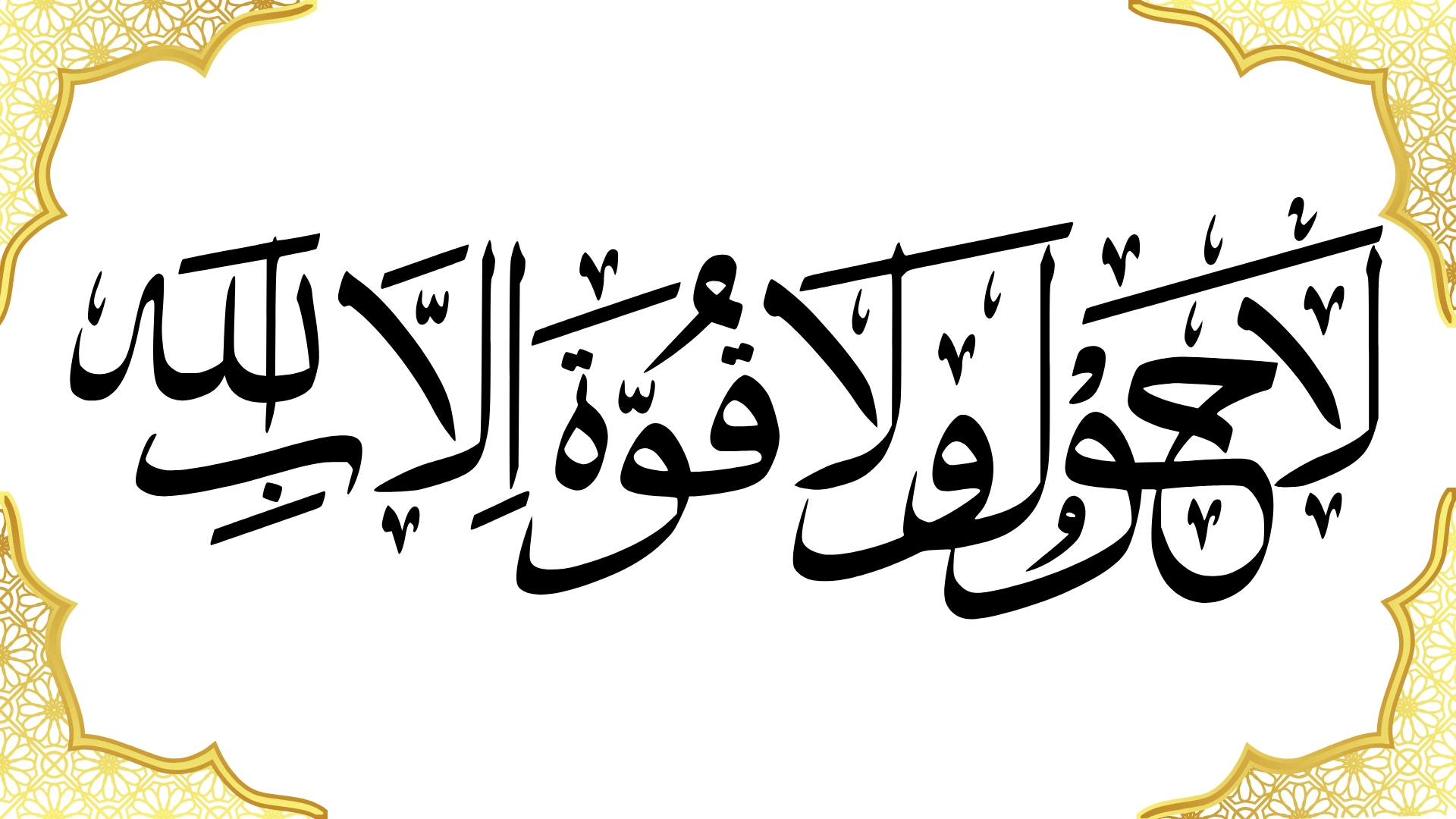Death exists for all of us. Death Prayers in Islam are key way to seek mercy and blessings for the departed soul. It provides comfort to those who are grieving and serves as a meaningful spiritual act.
Researchers and experts in Islamic knowledge stress the significance of these prayers. They point out that making dua intercedes with Allah on behalf of the deceased. These prayers remind Muslims to keep focused on their relationship with God.
Praying for the departed shows you care and remember them. It gives the living a chance to ask Allah to send peace and paradise to those who have moved on. Reciting these prayers increases our trust in God, helps those who are sick, and offers reassurance that His mercy will always protect our loved ones. This post looks at what death prayers are in Islam, why they are significant, and the process involved with quotations from the Quran and Hadiths.
The Value of Death Prayers in Islam
Islam considers death prayers very meaningful. People do them to ask Allah for forgiveness and blessings for those who have passed away. They also comfort families and friends, urging them to trust that Allah has acted justly.
A Reminder of Our Return to Allah
When someone dies, Muslims are instructed to say, “Indeed, to Allah we belong, and to Him we will return” (Quran 2:156). This statement acknowledges that life and death are in Allah’s hands and serves as a reminder of our mortality.
A Bridge Between the Living and the Dead
The Prophet Muhammad (peace be upon him) emphasized the value of prayers for the deceased. He said, “When a person dies, all their deeds come to an end except three: continuous charity, beneficial knowledge, or a righteous child who prays for them” (Sahih Muslim). This Hadith highlights the ongoing spiritual connection established through supplication.
Gaining Allah’s Forgiveness
Death prayers serve as a means to ask Allah to forgive the deceased. Allah’s mercy surpasses human comprehension, and sincere duas are a way to seek pardon for any sins committed by the departed.

Key Duas from the Quran and Sunnah
The Quran and Sunnah provide specific phrases and prayers that Muslims can recite for the deceased. These include both personal prayers and formal supplications.
Dua Upon Hearing the News of Death
When someone hears of a passing, they recite the following from the Quran:
إِنَّا لِلَّهِ وَإِنَّا إِلَيْهِ رَاجِعُونَ
Transliteration: “Inna lillahi wa inna ilayhi raji’un.”
Translation: “Indeed, to Allah we belong, and to Him we will return.” (Quran 2:156)
This serves as both a prayer and a personal reminder of our ultimate return to Allah.
Dua for Forgiveness and Mercy
This supplication, taught by the Prophet (peace be upon him), is recited during funeral prayers:
اللَّهُمَّ اغْفِرْ لَهُ وَارْحَمْهُ وَعَافِهِ وَاعْفُ عَنْهُ
Transliteration: “Allahumma aghfir lahu warhamhu wa afihi wa’fu ‘anhu.”
Translation: “O Allah, forgive him, have mercy on him, pardon him and grant him ease.”
It continues to ask for light in the grave, better rewards in the Hereafter, and protection from punishment. This prayer reflects the deep reverence for Allah’s mercy.
Dua for Strength After Death
The Prophet (peace be upon him) consoled grieving families with this du’a:
إِنَّ لِلَّهِ مَا أَخَذَ وَلَهُ مَا أَعْطَى، وَكُلٌّ عِنْدَهُ بِأَجَلٍ مُسَمًّى. فَصْبِرْ وَاحْتَسِبْ
Transliteration: “Inna lillahi ma akhadh, wa lahu ma a’ta, wa kullun ‘indahu bi ajalil musamma.”
Translation: “Indeed, to Allah belongs what He takes, and to Him belongs what He gives. Everything has an appointed time with Him. Be patient and seek His reward.”
Quranic Duas for Forgiveness
The Quran provides supplications that can be recited for the deceased, including:
رَّبَّنَا اغْفِرْ لَنَا وَلِإِخْوَٰنِنَا ٱلَّذِينَ سَبَقُونَا بِٱلْإِيمَٰنِ
Translation: “Our Lord, forgive us and our brothers who preceded us in faith…” (Quran 59:10)
This dua is often recited to ask for collective forgiveness for those who have passed.
Dua After Burial
Following the burial, Muslims recite simple prayers such as:
اللَّهُمَّ اغْفِرْ لَهُ الَّلهُمَّ ثَبِّتْهُ
Transliteration: “Allahumma aghfir lahu Allahumma thabbithu.”
Translation: “O Allah, forgive him. O Allah, strengthen him.”
This dua addresses the challenges the soul may face after death.
The Process of Offering Death Prayers
Islamic death prayers are deeply structured, combining words, actions, and intentions to honor the deceased.
Preparing the Body for Burial
Before the duas can be offered, the body is prepared following Islamic rituals. This includes:
- Performing Ghusl – Washing the body and purifying it.
- Shrouding the Body – Wrapping the deceased in plain white cloth.
Conducting the Janazah Prayer
Salatul Janazah (the funeral prayer) is a collective obligation. The steps include:
- Aligning in Rows – Muslims stand in rows while facing the Qibla.
- Prayer in Four Takbirs:
- The first Takbir is followed by Surah Al-Fatiha.
- The second Takbir involves the Salat upon the Prophet.
- The third Takbir involves the dua for the deceased.
- The fourth Takbir ends with general prayers.
Reciting Specific Duas
During and after the prayer, supplications for mercy and forgiveness are made.
Visiting the Graveyard
After burial, Muslims often visit the graves to offer additional prayers. They say:
السَّلَامُ عَلَيْكُمْ أَهْلَ الدِّيَارِ
Translation: “Peace be upon you, O residents of the graves.”
This fosters a sense of spiritual connection with the dead.
Benefits of Death-Related Prayers
Both the deceased and people in life benefit from leading a prayer for the departed.
Advantages for the Deceased
Finding Peace – Duas ask Allah to shield the believer from punishments after death.
Supplications may result in a better standing in Jannah.
Helping Those Grieving
Find Release through Prayer – Turning to God calms our emotions.
Raise Iman – Recalling how Allah has been merciful makes our faith grow.
Taking part in funeral prayers helps strengthen the relationship Muslims have with their community.
Charitable Giving for the Benefit of the Deceased
It is common for Muslims to act with charity or Sadaqah Jariyah after someone dies. The programs often support building wells, mosques, or teaching the Quran.
Teaching the Prayers for Those Facing Death to Younger Generations
The practice of mentioning death prayers with children helps them always remember their treasured ones. Reciting simple duas helps your child develop a deeper bond with Islamic values.
An Invitation to Take a Step Back
Death prayers get Muslims to ponder the shortness of life and get them ready for the afterlife. They give a chance to reconsider your objectives and boost your spiritual life.
Conclusion
In Islam, death prayers are very significant. During these rituals, people can link with the divine, honor their kin and look for Allah’s compassion. Prayers fulfill our responsibilities and also bring us peace as we look forward to the next world. If we regularly make supplication for the deceased, this represents our lasting belief in Allah’s kindness.
May Allah give all those we love a life of happiness in Jannah. Ameen.




